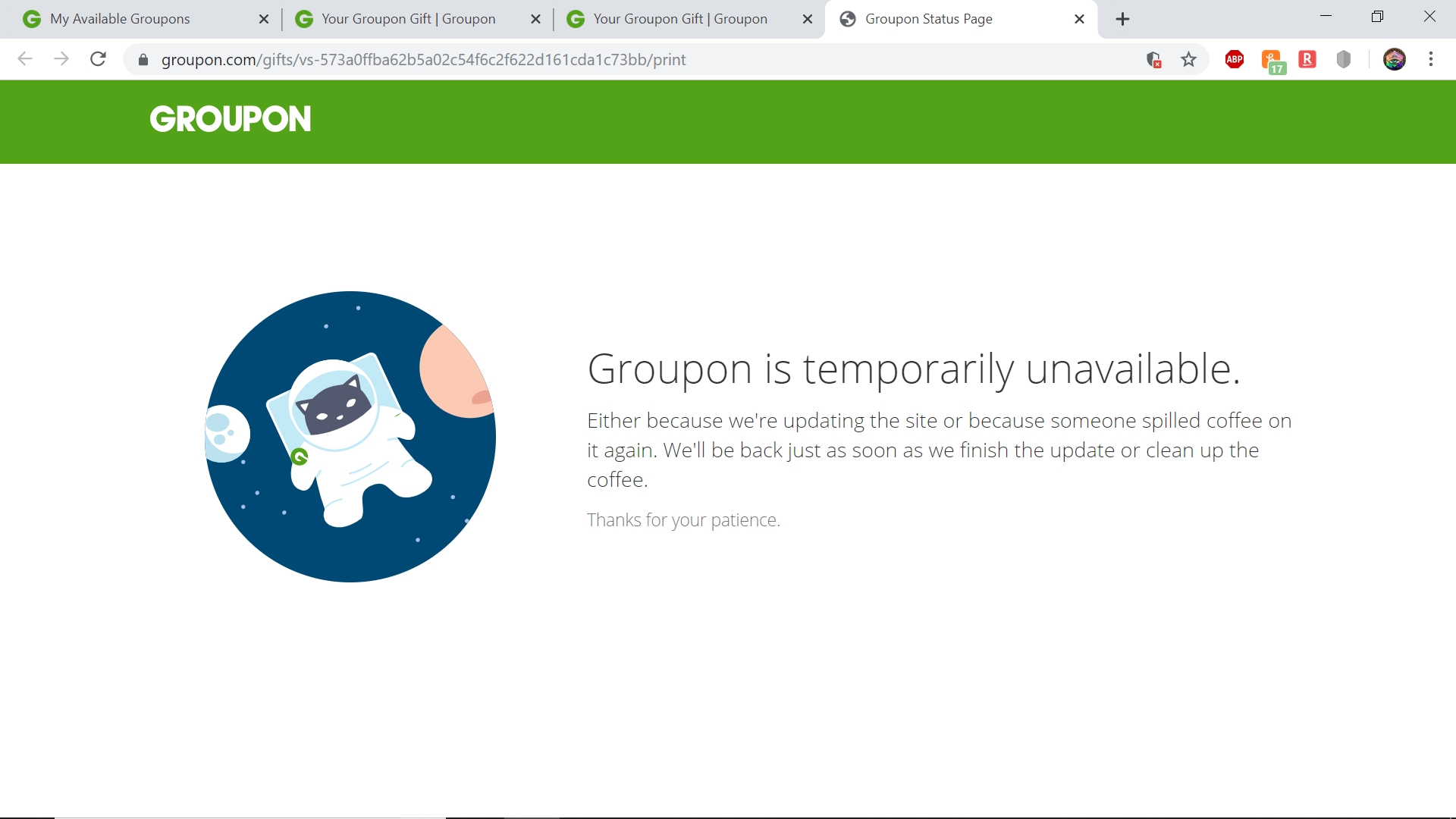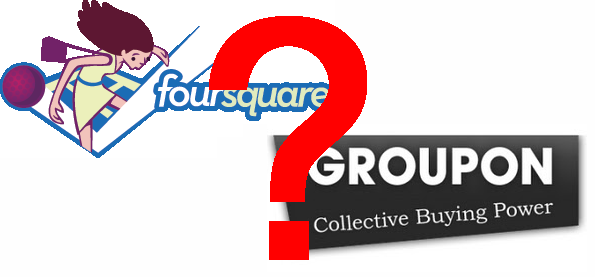
Normally, it would be the kind of News Feed item that would compel me to leave a comment, instead of hitting the little thumbs up button. the concrete." I didn't like it at all! It was sad. My friend Hillary posted a picture of her toddler Pearl, with bruises on her face. But this fourth thing was something I sort of actively disliked. I mean, I don't truly like Living Social either, whatever the hell that is, but who cares. But the fourth thing I encountered was something I didn't really like. The first thing I liked was Living Social-my friend Jay had liked it before me and it was sitting at the top of my feed.

And if you take the bait, you'll be shown it ad nauseam. >There is a very specific form of Facebook messaging, designed to get you to interact. But even when I kept the experiment to the site itself, the results were dramatic. I wanted to see how my Facebook experience would change if I constantly rewarded the robots making these decisions for me, if I continually said, "good job, robot, I like this." I also decided I'd only do this on Facebook itself-trying to hit every Like button I came across on the open web would just be too daunting. In 2014 the News Feed is a highly-curated presentation, delivered to you by a complicated formula based on the actions you take on the site, and across the web. It isn't just a parade of sequential updates from your friends and the things you've expressed an interest in. See, Facebook uses algorithms to decide what shows up in your feed. A recent New York Times story on a krill oil ad campaign lays bare how much the like matters to advertisers. Not only are they ego-feeders for the stuff we put online as individuals, but advertisers track their campaigns on Facebook by how often they are liked. The like and the favorite are the new metrics of success-very literally. Art News: And liking things is like being a machine? Warhol: Yes, because you do the same thing every time.

Art News: Is that what Pop Art is all about? Warhol: Yes. It's happening here all by itself without being under a strict government so if it's working without trying, why can't it work without being Communist? Everybody looks alike and acts alike, and we're getting more and more that way. But Brecht wanted to do it through Communism, in a way.

Warhol: Someone said that Brecht wanted everybody to think alike.


 0 kommentar(er)
0 kommentar(er)
